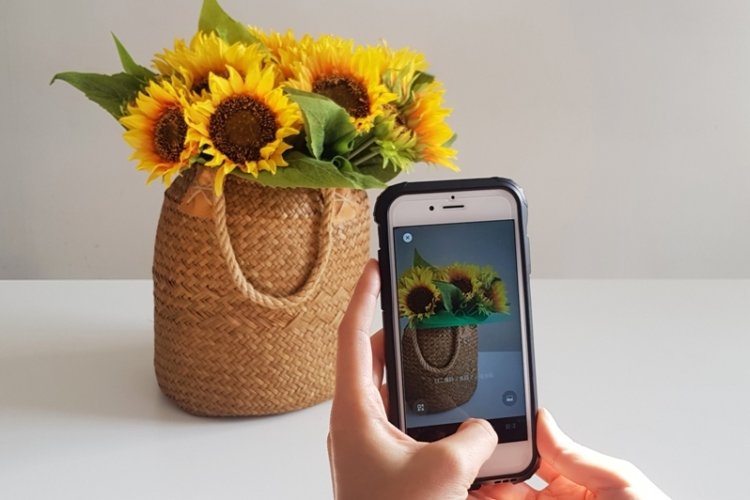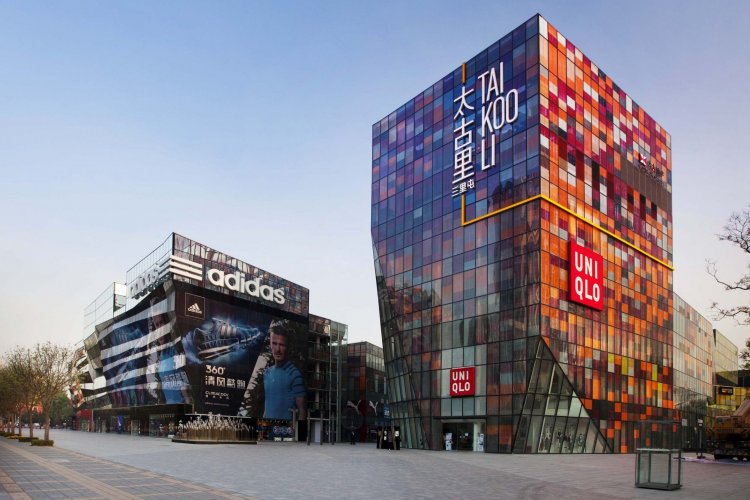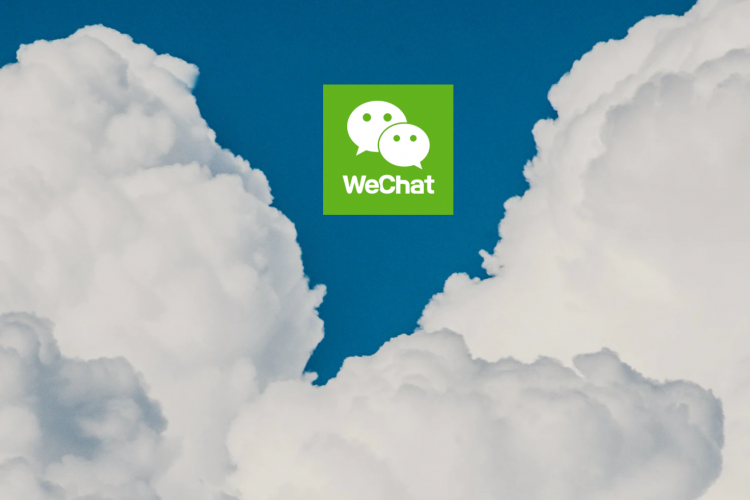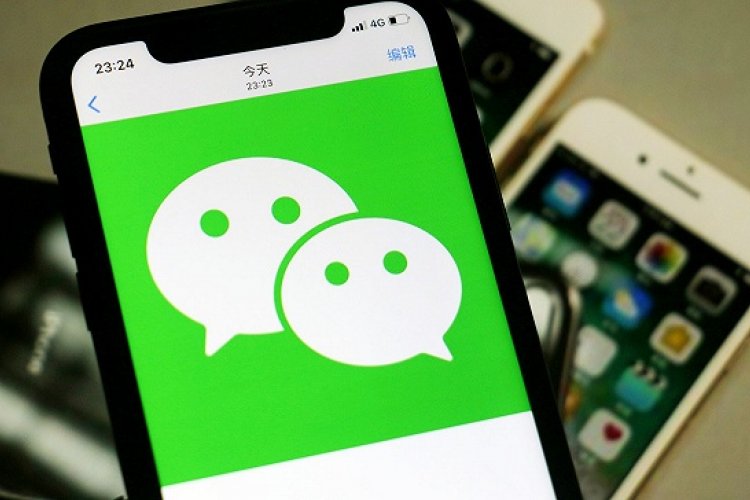New WeChat Feature Shows That Starbucks is No Longer a Foreign Brand
This post comes courtesy of our content partners at TechNode.
After the stunning success of hongbao (红包 or “lucky money” in English) and the more recent gold gifting, WeChat has now partnered with Starbucks to offer coffee gifting.
Found in the WeChat Wallet, you can purchase Starbucks-branded gift cards either for a single drink or with money pre-loaded on the card. After purchasing, you will be taken to a sharing screen where you can choose who to send to. Once accepted, the gift card will appear in “Cards & Offers” menu where it can then be presented at the coffee shop.
As with much of WeChat, this has come with little fanfare. They have even gone out of their way to show clearly that this is a limited campaign with the buttons labeled “For a limited time only” (限时推广 xiànshí tuīguǎng in Chinese). However, there is no mention of when the campaign will finish. This is presumably done as a way to induce people to use the feature soon; indeed this was launched just ahead of Valentine’s Day and even features Valentine’s Day themed gift cards. This could also be a way to address any concerns from Chinese netizens who may question why WeChat is partnering with Starbucks and not with a local partner.
This is the first time that a foreign brand has appeared in the Chine WeChat Wallet, according to Matthew Brennan of ChinaChannel. There are two obvious lessons here: the power of gifting as well as what it takes to succeed in China.
The power of gifting
Gifting of cash on WeChat has become immensely popular. So popular, in fact, that even without the incentives of previous year, they still beat out Alipay for the most hongbao sent on Chinese New Year’s Eve. Soon after, WeChat introduced gold hongbao as a way to encourage users to sign up for Tencent’s Micro-Gold (our translation), a new gold trading service.
Straight up giving cash to friends and family may seem odd to Westerners of a Judeo-Christian background where the outright giving of money seems a bit gauche (gift cards, however, are quickly changing this, especially in the US). For China, on the other hand, it makes a lot of sense. First, China has a long history as a gift-giving culture, with personal and business relationships solidified and maintained through reciprocal gifting. Second, the hongbao is an integral part of Chinese tradition since at least the Qin dynasty (221 to 206 BC) when money threaded on a red string was given to children to first ward off evil spirits. This later evolved into giving hongbao (in English, this can be translated as “lucky money,” “red envelopes,” and “red packets”).
However, digital hongbao take this to next level, making a game out of the sending and opening of them. Usually sent in a group chat, there is a limited number of people who can open one hongbao, anywhere from 1 to 100. Whereas physical hongbao are consciously given to others, digital ones become a question of who can open them the fastest. A simple game, but one that has so many cultural hooks (especially how it solidifies group ties) that it is no wonder they have become so popular.
What it takes to succeed in China
China is a notoriously difficult market to crack. Many companies, both online and off, have tried to enter the Middle Kingdom to no avail. Indeed, even global food giant McDonald’s decided to sell 80 percent of their China business after struggling for decades. Starbucks, however, is one the very few foreign successes in China. Opening their first store in 1999, Starbucks now has 2,204 stores and plans to have 5,000 by 2021. In those almost 18 years, Starbucks worked quietly and patiently to teach Chinese consumers about coffee as well as making sure they create and maintain the right relationships.
We’ve talked before about what it takes to succeed in China and these lessons still hold true: don’t expect the same success as other markets, find local partners who understand your market, and be prepared to take the time to educate your customer.
With the China business expected to exceed the US, the new Starbucks gifting feature proves that Starbucks is officially part of China.
Photo: cnbc.com
Related stories :
Comments
New comments are displayed first.Comments
![]() watchtower
Submitted by Guest on Mon, 09/11/2017 - 02:47 Permalink
watchtower
Submitted by Guest on Mon, 09/11/2017 - 02:47 Permalink
Re: New WeChat Feature Shows That Starbucks is No Longer a...
Starbucks in China...
Kowtow for the win!
Validate your mobile phone number to post comments.








